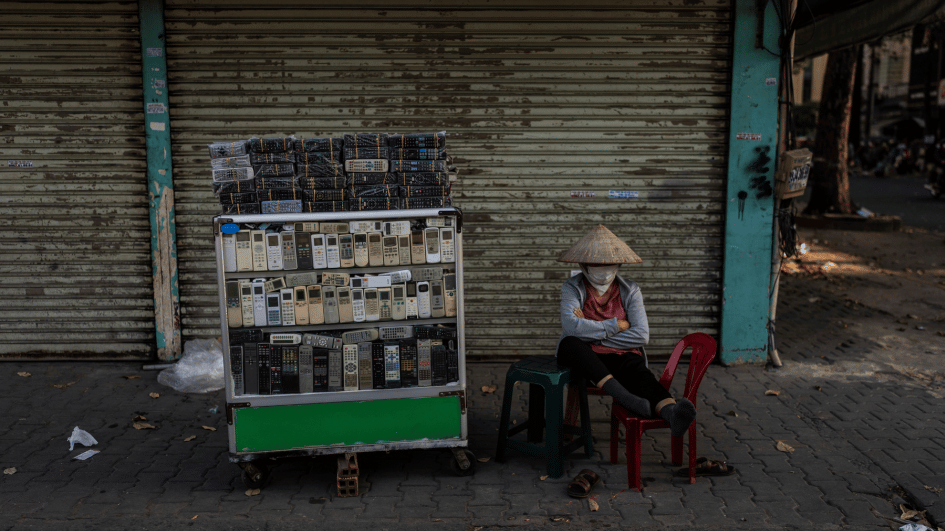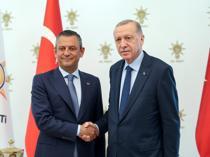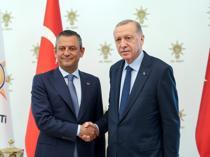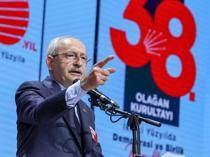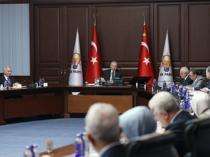Commission to begin penning deadly report
ANKARA - Hürriyet Daily News

A group of deputies from the Parliament’s Human Rights Commission visited Uludere after the incident and spoke to the victims’ families.
A sub-commission of Parliament’s Human Rights Inquiry Commission will begin drafting its report on the Uludere incident on Nov. 14, with the commission’s head warning that its assignment is not to outline penalties for those responsible.The head of sub-commission and Justice and Development Party (AKP) Ordu deputy, İhsan Şener, told Anatolia news agency on Nov. 12 that the sub-commission, which was formed in January 2012 to examine the Uludere incident, has reached the final stage of the investigation. As for when the report will be completed, Şener declined to set a date, but said he believed that it would not last until the new year.
The incident refers to the tragedy of the mistaken killing of 34 civilian Kurdish villagers who were smuggling oil from Iraq in an air raid by Turkish jets on Dec. 28, 2011, in the Uludere district of the southeastern province of Şırnak. The sub-commission has been criticized for not getting any concrete findings over the last 10 months.
“We are not a commission that is in a position to find and punish the guilty,” Şener said, when asked whether the report would reveal which institution was the first to order the bombings.
Şener emphasized that the tasks and jurisdiction of all institutions were clear in terms of law and that the Uludere incident was a judicial phenomenon. “Ours is an inquiry commission, not a research and investigation commission. Some people attach too much meaning to this, but everyone’s task is given within the internal regulations. An inquiry commission takes a picture of the incident and shares it with the public,” he said.
Stressing that the government had accepted that a mistake had been made regarding the incident from the beginning, Şener also said that a preliminary investigation, separate from the sub-commission, was being conducted by a specially authorized prosecutor, which was continuing to reveal deficiencies, flaws and faults.


